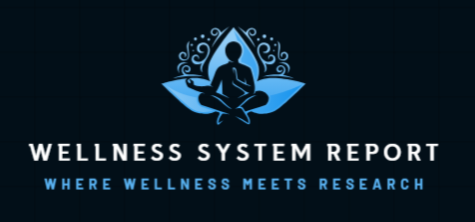Trauma leaves deep marks—not just on the mind, but often on the body and spirit. Post-Traumatic Stress Disorder (PTSD) can develop after someone experiences a deeply distressing or life-threatening event. For many people living with PTSD, the symptoms can be overwhelming. In an effort to cope, some turn to drugs or alcohol as a form of self-medication. This is where a dangerous cycle begins, one that links PTSD and Addiction in a way that’s both complex and heartbreaking.
Understanding how these two conditions interact—and why professional treatment is critical—can help individuals, families, and communities break the cycle and move toward lasting recovery.
What Is PTSD?
PTSD is a mental health disorder that can occur after witnessing or experiencing a traumatic event. It affects people of all backgrounds, including survivors of abuse, combat veterans, first responders, accident victims, and individuals who have faced violence or loss.
Common Signs of PTSD:
- Flashbacks or intrusive memories of the traumatic event
- Nightmares or disturbed sleep
- Severe anxiety or panic attacks
- Avoidance of places, people, or conversations related to the trauma
- Emotional numbness or detachment from others
- Hypervigilance or an exaggerated startle response
- Negative changes in mood or cognition
PTSD doesn’t always appear immediately after trauma—it can take weeks, months, or even years for symptoms to fully emerge.
The Link Between PTSD and Addiction
The relationship between PTSD and Addiction is well-documented. Studies show that individuals with PTSD are significantly more likely to develop substance use disorders, often as a way to dull the pain or manage anxiety, fear, and emotional distress.
Why the Connection Happens:
- Self-medication: Drugs and alcohol may temporarily ease symptoms of PTSD, but ultimately worsen them.
- Neurological changes: Trauma alters brain chemistry, which can increase vulnerability to addiction.
- Behavioral patterns: Isolation, depression, and lack of healthy coping skills increase the risk of turning to substances.
- Co-occurring mental health issues: PTSD often occurs alongside depression, anxiety, or other conditions, which further complicate recovery.
Over time, what began as a coping mechanism turns into a destructive cycle. The substance use may provide momentary relief but ultimately intensifies the symptoms of PTSD—leading to greater dependence and deeper emotional pain.
Signs of Addiction
Recognizing the signs of addiction early is crucial, especially when someone is also dealing with PTSD.
Common Signs Include:
- Increased tolerance and need for more of a substance to feel the effects
- Withdrawal symptoms when not using
- Loss of interest in activities or relationships
- Risky or harmful behavior related to substance use
- Inability to stop despite negative consequences
- Spending significant time obtaining, using, or recovering from the substance
- Using substances to cope with emotional pain, stress, or trauma
When combined with PTSD symptoms, addiction can spiral quickly, leading to severe health, legal, and social consequences.
Why Professional Treatment Is Essential
Tackling PTSD and Addiction requires a comprehensive, integrated approach. Treating only the addiction without addressing the underlying trauma often leads to relapse. Similarly, addressing PTSD alone without considering substance use leaves part of the problem unresolved.
A Dual Diagnosis Approach Can Help:
- Integrated therapy: Combines trauma-focused therapy (such as EMDR or CBT) with addiction counseling.
- Medication management: Can help balance brain chemistry and reduce cravings or severe PTSD symptoms.
- Supportive environment: Structured programs offer a safe space to heal and build new coping strategies.
- Aftercare planning: Ensures continued support after the initial treatment phase, reducing the risk of relapse.
Final Thoughts
The connection between PTSD and Addiction is complex—but it is not unbreakable. With the right support, individuals can process their trauma, overcome their addiction, and rebuild a life filled with meaning, connection, and hope.
If you or someone you love is struggling with both trauma and substance use, don’t wait to seek help. Healing is possible, and professional treatment offers the tools and support to make that journey a reality.


